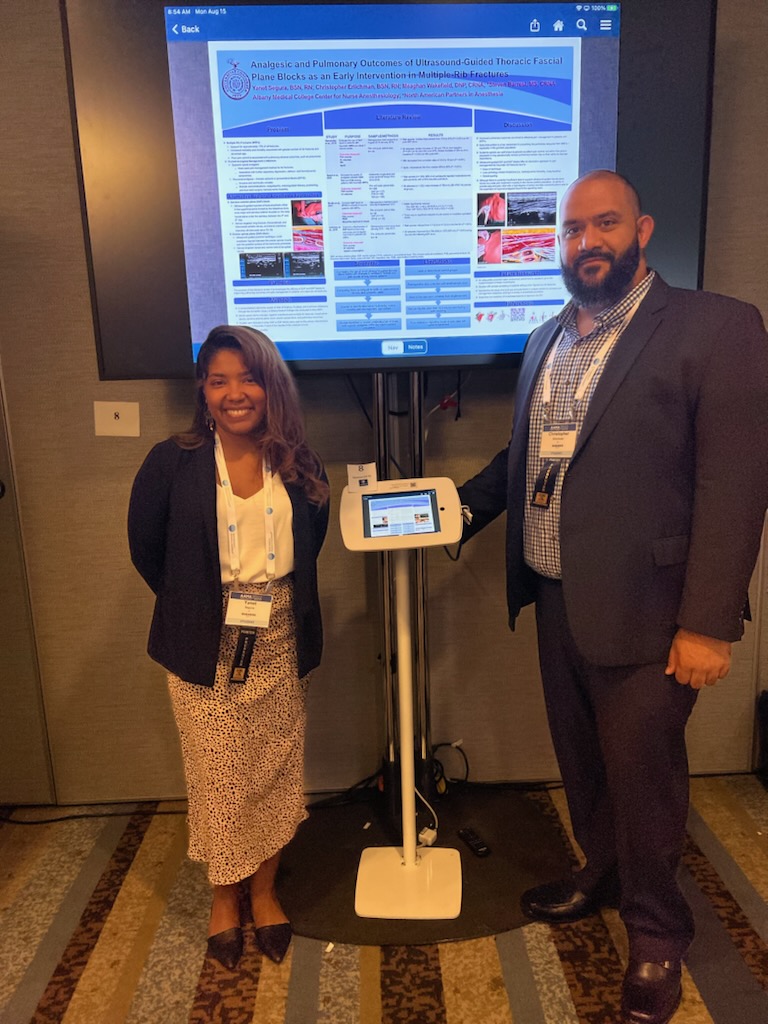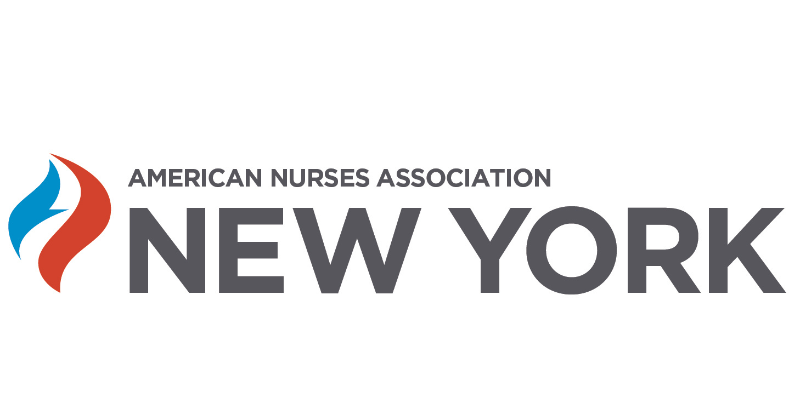Inside Edition goes in-depth on healthcare worker burnout in their latest article, "Plagued With COVID-Related PTSD and Burnout, the Healthcare Worker's Vocation to Help Endures Even 2 Years On". Yana Krmic, NYSANA Immediate Past President, and Dina Velocci, AANA President, share their experiences on worker burnout and the impact COVID-19 has had on healthcare workers.
The AANA offers support, information, and helpful resources through their Peer Assistance program. Learn more here or call their helpline at 800-654-5167.
"Burnout, addiction issues, PTSD and misinformation battles are just some of the trials healthcare professionals continue to endure two years into the COVID-19 pandemic. So what keeps them going? The overwhelming calling to help others.
It has been two years since
COVID-19 brought the U.S. and world at large to its knees, spurring sudden lockdowns, travel restrictions and work-from-home orders. Then came mask mandates, restaurant closures, crowd size limitations and grocery shortages.
But with the same fears and anxieties came a commitment to protecting one another, a dedication to finding safe ways to keep in touch with loved ones, and most of all, support for frontline workers who have put their lives at risk to help others."
“You’re used to providing anesthesia care and saying to patients in the pre-op area, ‘I’ll give you something to go to sleep. You’re going to wake up, I’ll see you in the recovery room,’” nurse anesthetist Yana Krmic told Inside Edition Digital. Krmic was also the previous president of the New York State Association of Nurse Anesthetists. “Now, [you're] giving them the same anesthetics and realizing that you don’t know if they’re going to wake up.”

 Goldie Brangman, CRNA, MEd, MBA was an accomplished CRNA and exceptional mentor. Goldie served as the first and only African American President of the American Association of Nurse Anesthesiology and President of NYSANA from 1960 - 1961. She famously treated Dr. Martin Luther King Jr., after a near-fatal assassination attempt in 1958.
Goldie Brangman, CRNA, MEd, MBA was an accomplished CRNA and exceptional mentor. Goldie served as the first and only African American President of the American Association of Nurse Anesthesiology and President of NYSANA from 1960 - 1961. She famously treated Dr. Martin Luther King Jr., after a near-fatal assassination attempt in 1958.